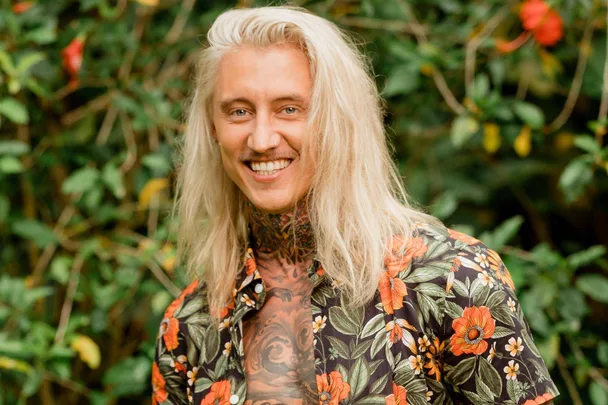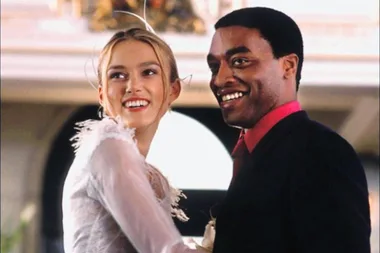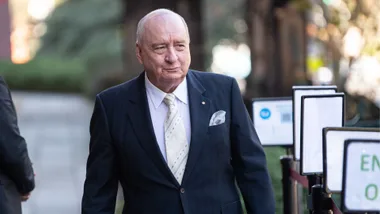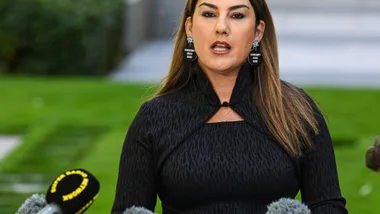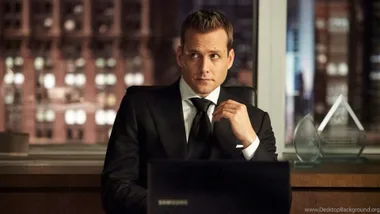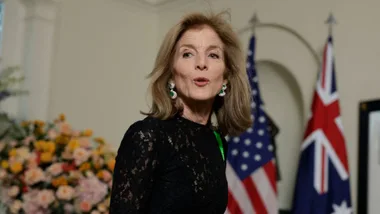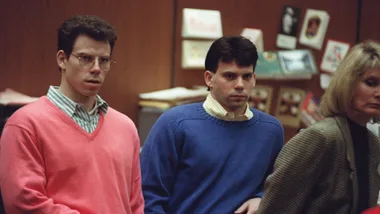If you’re like us and have been glued to Bachelor In Paradise, you’d also be watching, like us, the demise of former fan-favourite Ciarran Stott, who continuously attempts to justify his double-standard views of dating.
The latest episode saw the Bula Banquet theme discuss what exactly ‘girl-code’ and ‘bro-code’ meant to each group member, but as we quickly learnt, some contestants’ version of loyalty seemed to be grounded in sexism and misogyny.
Let’s start from the beginning, Ciarran entered Paradise with the intention of getting to know Cass Mamone, Abbie Chatfield and Jessica Brody. While those romances were budding, Ciarran was shocked by the arrival of ex-girlfriend Renee Barrett (who he later admitted to cheating on and, in fact, left Angie Kent’s season of The Bachelorette to get back together with).
Then comes Kiki Morris, who enters Paradise when Ciarran and Jess’ relationship was seemingly going strong. Following a date with Kiki, he returns having switched his allegiance – without giving Jess the courtesy of a conversation, flicking her off all-too-nonchalantly. Some might even say, like something disposable.
But in fact, when Matt Whyatt enters Paradise and asks Renee on a date, those past actions seem to have no correlation with his feelings towards this romance. In his confessional, Ciarran went as far as to say that Matt didn’t “seek his permission” to ask Renee on a date. *Scoff*
Alisha Aitken-Radburn summed it up perfectly: “Ciarran has just made it very apparent to everyone in Paradise that he doesn’t want anyone touching anything that he has previously touched, which is gross because it treats people like property.”
Renee isn’t “owned” by Ciarran and she doesn’t (nor does Matt) owe an explanation or need said approval. It’s a sexist trope that somehow still manages to appear in the mainstream, speaking to a larger idea that women “belong” to someone, when in fact, we are fully formed human beings who are perfectly capable of making decisions on our own.
Following the episode, Renee took to Instagram to share her thoughts on how the episode unfolded.
First, she quoted Kifah Shah, “We have start teaching our daughters to be somebodies instead of somebody’s”, adding: “Just an FYI for those still stuck in the 1900s, no one owns me and I am the only one who needs to be asked permission to go on a date…And if I want to ride a bike with a handsome brunette – then I will.”
Yes, Renee.
The same sentiment seemed to creep its way into the narrative between Will Smith and Jada Pinkett Smith earlier this year. When rapper August Alsina claimed that he and Jada had been in a relationship for several years, he added that Will had granted his “permission” and “blessing” to do so.
Appearing on her Facebook series Red Table Talk, Jada was quick to shut down the idea that she was, somehow, incapable of making this decision on her own.
“One of the things I want to clear up that was kind of swirling in the press was you giving permission, which the only person who can give permission in that particular circumstance is myself,” she said.
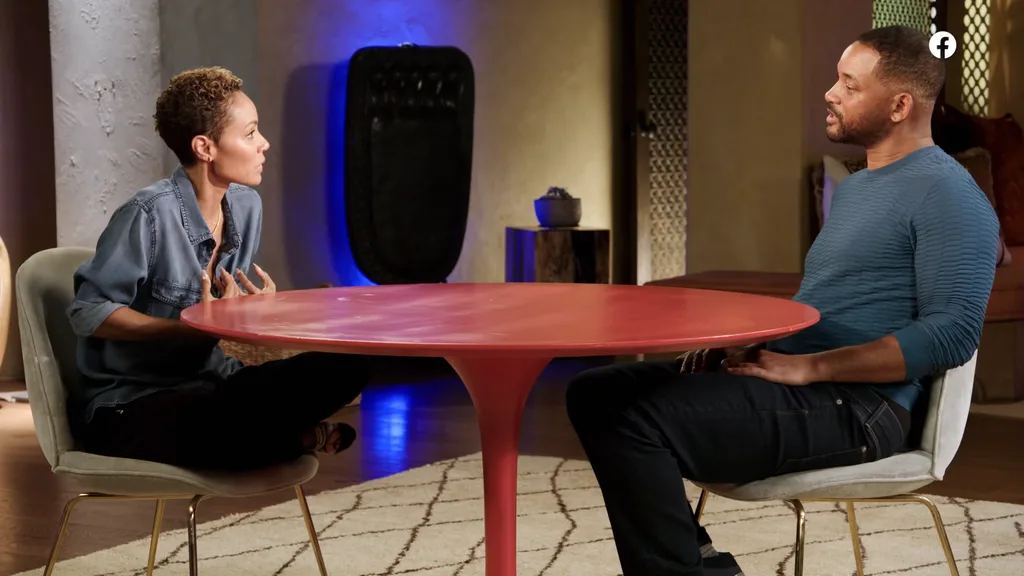
While we’re seemingly becoming more aware of when this behaviour is shown and getting more proactive about calling it out, the reality is, the toxic masculinity, disrespect and portrayal of coercive control in the mainstream are still very much fuelled by such storylines.
We saw the same thing play out in 2019’s season of Bachelor In Paradise. In particular, Ivan Krslovic’s terrifying obsession with Tenille Favios.
Throughout the series of episodes the two appeared on, Ivan couldn’t comprehend that Tenille wasn’t his “property” to be claimed.
Actual quotes from Ivan include: “She’s mine”, “She’s my territory to mark”, “I don’t want anyone talking to her” and the real kicker, “Nathan needs to stop playing with my stuff”.
“Nathan needs to stop playing with my stuff.”
That is a direct quote.
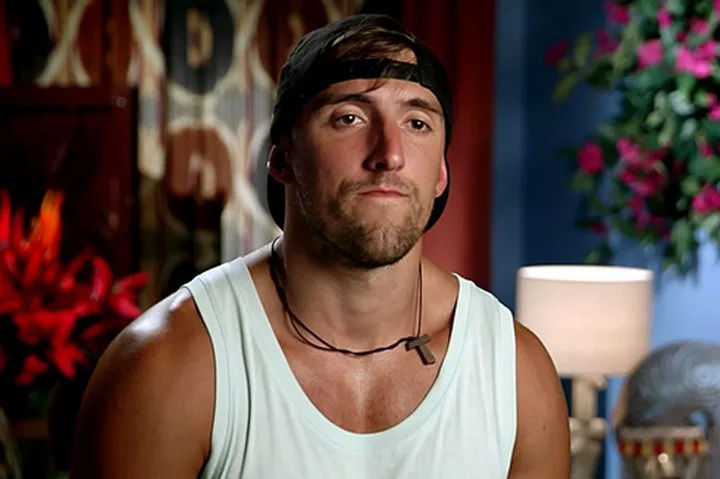
It’s important to note that Ivan apologised for his portrayal on the show last year, admitting he didn’t “notice his behaviour” at the time. Which is possibly one of the most damning things to come out of the series, that often men aren’t aware that they’re being possessive or manipulative until it’s played out in front of thousands of Australian viewers.
Not to seem like a scathing indictment on all men, but why does this continue to happen so frequently? Perhaps we’re more aware in noticing the toxic behaviour as soon as it hits, or maybe thanks to movements like #MeToo we’re gaining the confidence to speak out as soon as we see it.
